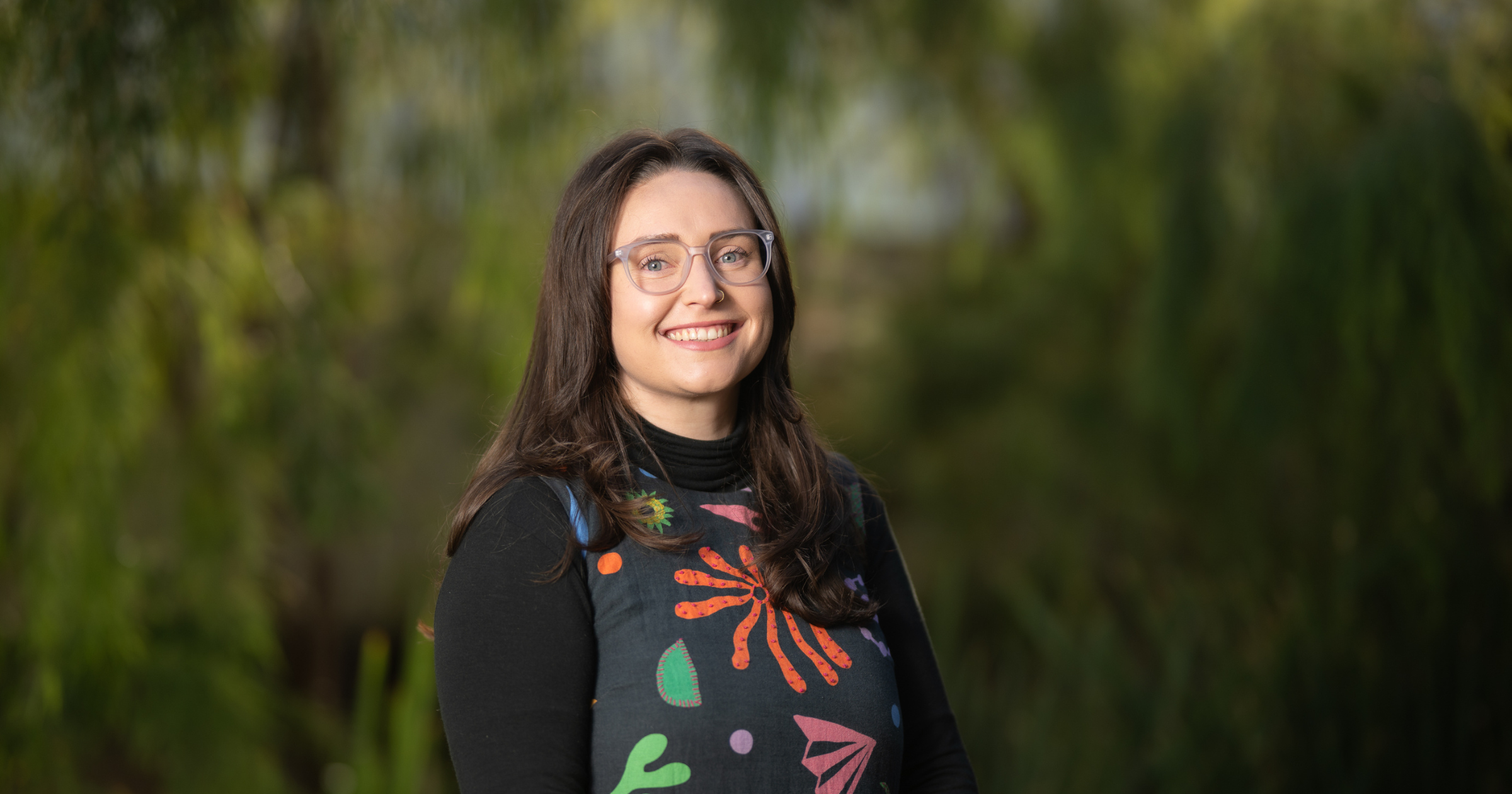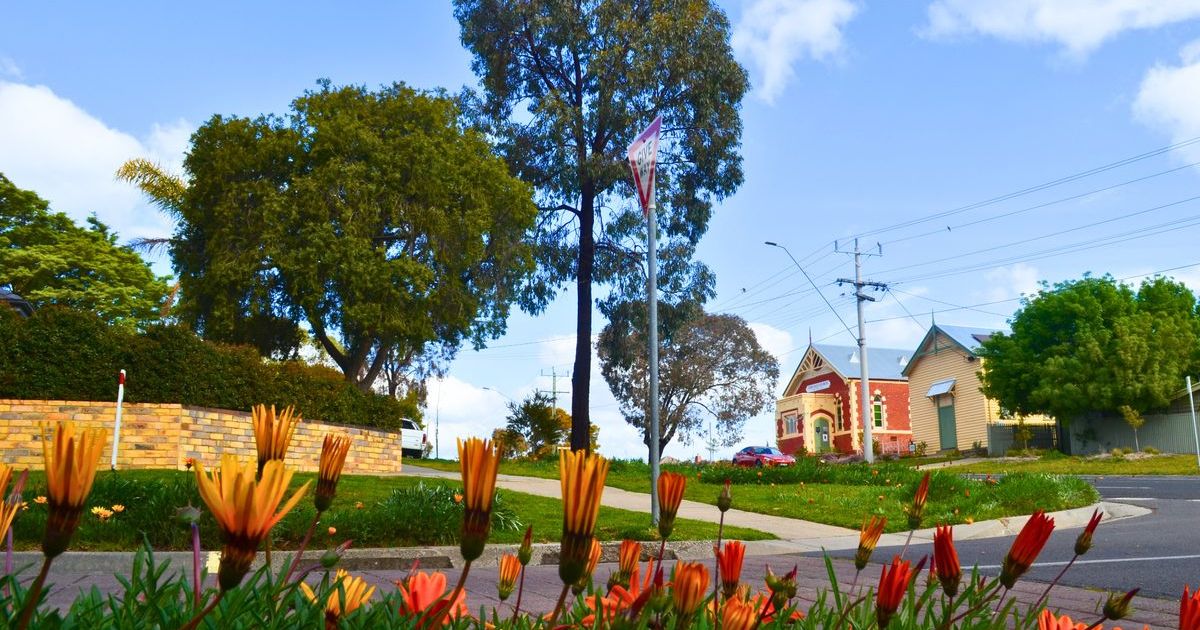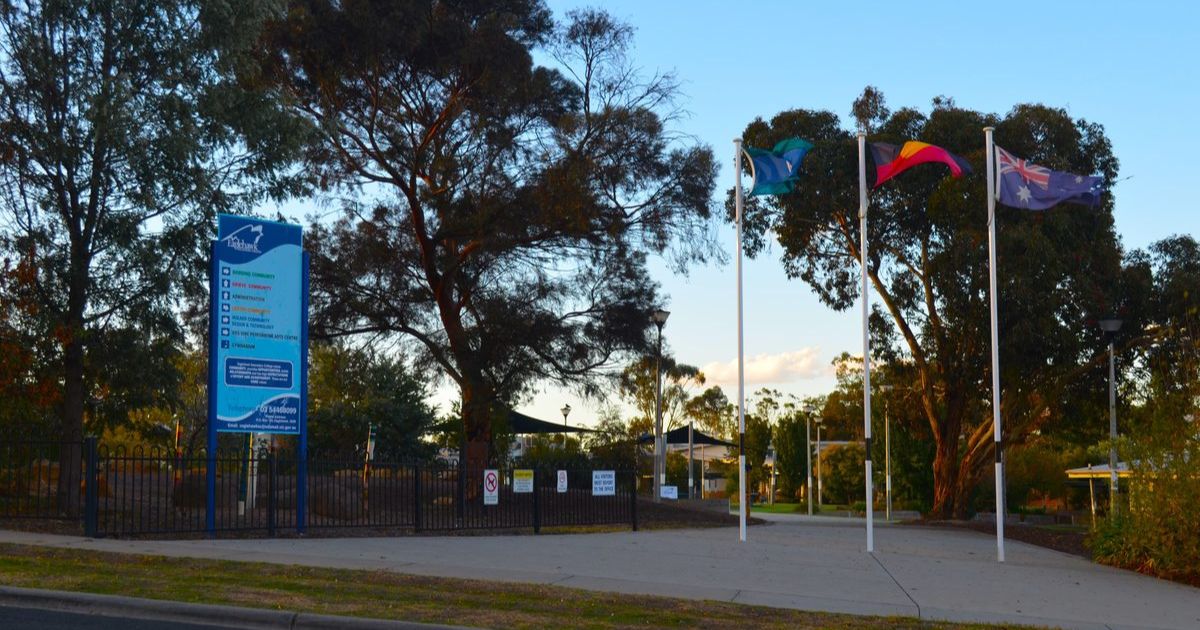Health school conference shines light on regional research

Digital diagnostics: Khalia Borserio said with growing demand and stretched resources, clinicians need smarter, scalable solutions and that's where AI can help. Photo: SUPPLIED
LA Trobe University’s Rural Health School brought together a host of researchers, students, clinicians and partners for its annual Research Conference in Bendigo earlier this month.
The Conference featured two days of presentations, conversations and insights into how community-led, place-based research is informing national policy and changing lives on the ground.
A notable highlight was researcher and Public Health PhD candidate Khalia Borserio’s presentation on AI-driven wound care in community nursing across the Loddon Mallee.
During her presentation Ms Borserio discussed how AI-driven wound care tools allow clinicians to accurately assess, document and monitor wounds using just a smartphone or tablet.
“This reduces variation in care, especially in rural settings where access to wound specialists are limited,” she said.
Ms Borserio explained that people in rural and regional communities are three times more likely to delay care due to cost, distance or competing priorities like work and caregiving responsibilities.
“This means wounds are often more advanced by the time help is sought, leading to poorer outcomes,” she said.
“(As such), in some community nursing teams, wound care accounts for nearly half of a nurse’s clinical time.
“With growing demand and stretched resources, we need smarter, scalable solutions and that’s where AI can help.
“Digital tools won’t replace clinicians, but they can enhance clinical decision-making and reduce inequity by ensuring people in rural and regional areas receive timely, high-quality wound care regardless of their postcode.”
Other highlights included presentations on how students view working in aged care, walking football for the ageing population and preventing sexual violence in regional communities, clearly demonstrating the current depth and impact of medical research across regional settings.


















